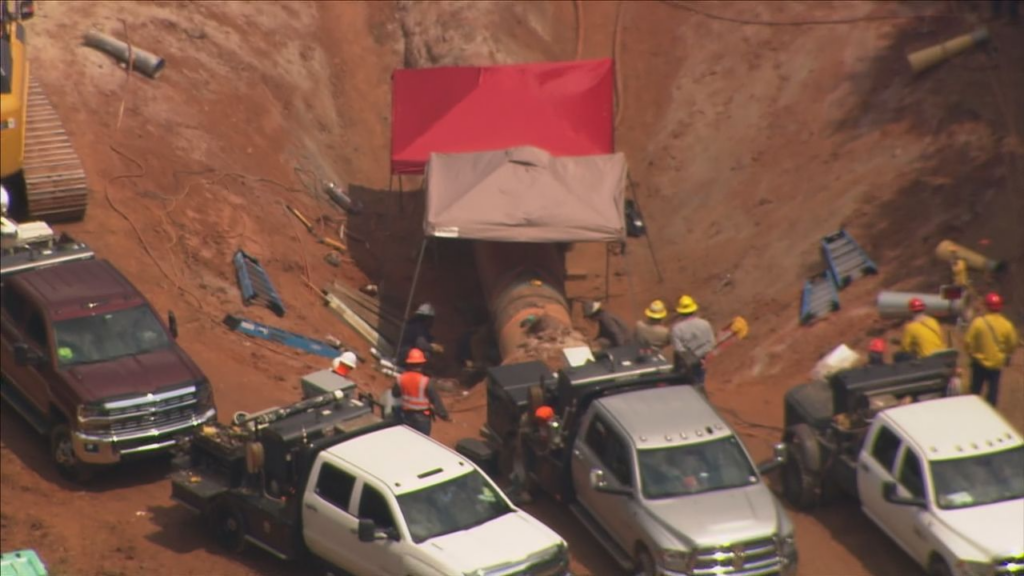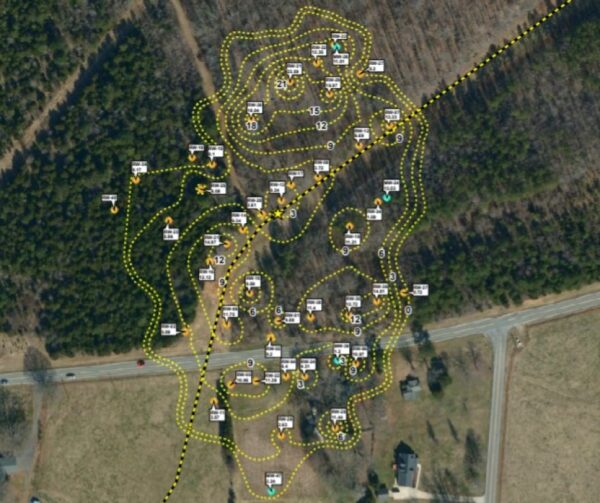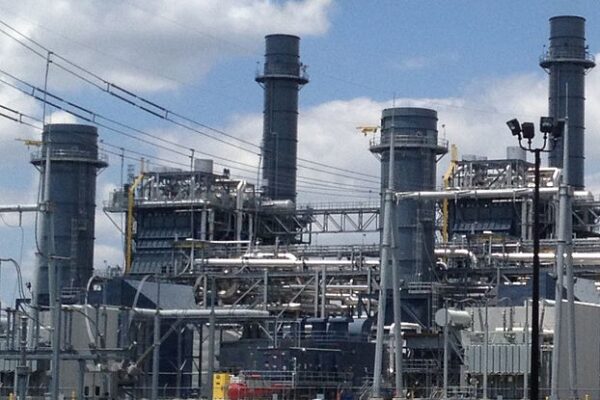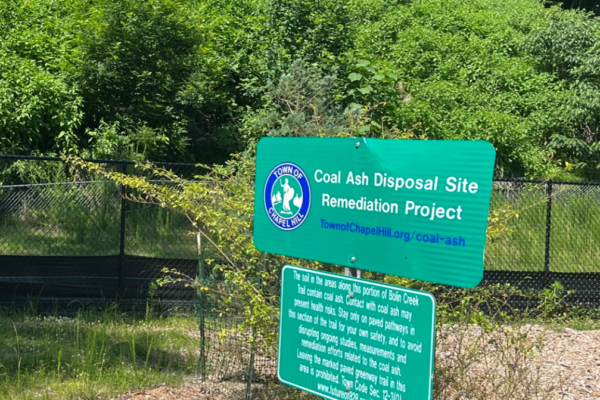This article is being contributed by Clean Water for North Carolina volunteer Mary Pope Bourne. Visit our website to learn more about our volunteer opportunities!
On August 14th, 2020, Colonial Pipeline Co. closed Lines 1 and 2 of their pipeline running through Huntersville after two teenage boys on ATVs reported the leak to local officials. When Colonial initially reported the incident to the National Response Center, they estimated 75 barrels of gasoline spilled. However, after numerous revisions to their estimates, the Pipeline and Hazardous Material Safety Administration (PHMSA) reported 1.2 million gallons of gasoline spilled as a result of faulty equipment–18 times what Colonial previously recorded. Still, investigations into the leak continue, as does research into the causes of the spill.
This spill is not Colonial’s first rodeo. Colonial–the leading refined petroleum company in the country–runs 5,500 miles of large-diameter pipelines throughout the US, which transport 45% of the eastern US’s total gasoline and jet fuel supplies. Between 2000 and 2019, Colonial caused 272 of the total 2,571 gasoline spills occurring nationwide, leaking 920,628 gallons of gasoline since 2000. Attempting to hold Colonial accountable for the environmental and community destruction produced by these 272 spills, they were issued a $34M civil penalty. Colonial has paid $448,000 of this fine. On June 15, 2021, Colonial Pipeline Co. reached a settlement with PHMSA, agreeing to upgrade their leak detectors across their entire network by October 15, 2021. Failure to do so may result in daily fines exceeding $200,000.  A team inspects Colonial Pipeline in Huntersville. Source: WSOC TV
A team inspects Colonial Pipeline in Huntersville. Source: WSOC TV
The Huntersville incident is the largest spill nationwide in the 21st century, and Colonial’s lack of reporting transparency and failure to take accountability highlights the company’s disregard for community health. On-site research by the North Carolina Department of Environmental Quality determined that the spill leached benzene, toluene, ethylbenzene, and xylene (BTEX) into aquifers and potentially into drinking water resources. Exposure to BTEX in small quantities poses disastrous impacts on human health; these chemicals can destroy the kidneys, liver, blood, and skin. Federal agencies have done little to hold Colonial and other pipeline companies accountable for gross environmental disasters.
The Huntersville leak underscored poor regulatory standards for pipelines, given that the leak could have begun days or weeks before the boys reported the incident on August 14th. Royal Dutch Shell recently fired inspectors Frank Chamberlin and Susan D’Layne Carite, after they came forward and reported to the company that the protective coating on one of their pipelines was defective. When PHSMA investigated the inspectors’ claim, they determined that the protective overcoat peeled–not the anti-corrosive coating–though many question this claim given that no record exists proving that PHSMA contacted the manufacturers to ensure their findings. A deteriorating anti-corrosive coat could lead to future pipeline leaks, and as pipeline leak detectors will not become required under law until 2025, the US government and NGOs must push for stricter inspection and monitoring regulations for all pipeline companies.
Clean Water for North Carolina works with partner organizations and community members to call for stronger safety standards for pipelines and other oil & gas infrastructure. Through drafting letters to PHMSA that call for improvements in pipeline coating standards and working closely with the Department of Health and Human Services, CWFNC hopes to work towards safer communities who continue to be burdened by this industry.
Check out the Fracking & Fracked Gas Pipelines campaign to learn more!
Sources: https://www.charlotteobserver.com/news/business/article252658233.html
https://www.fractracker.org/2021/05/august-2020-colonial-pipeline-spill-in-north-carolina/






